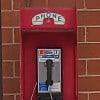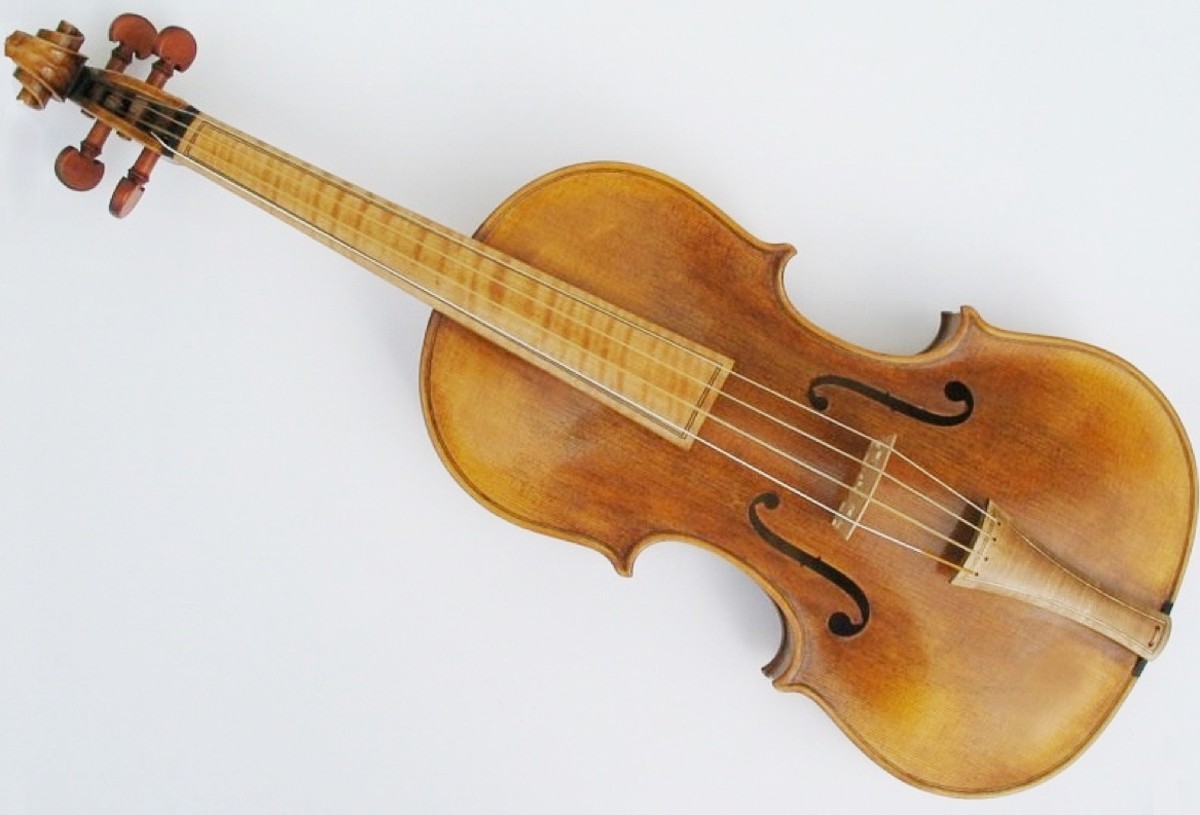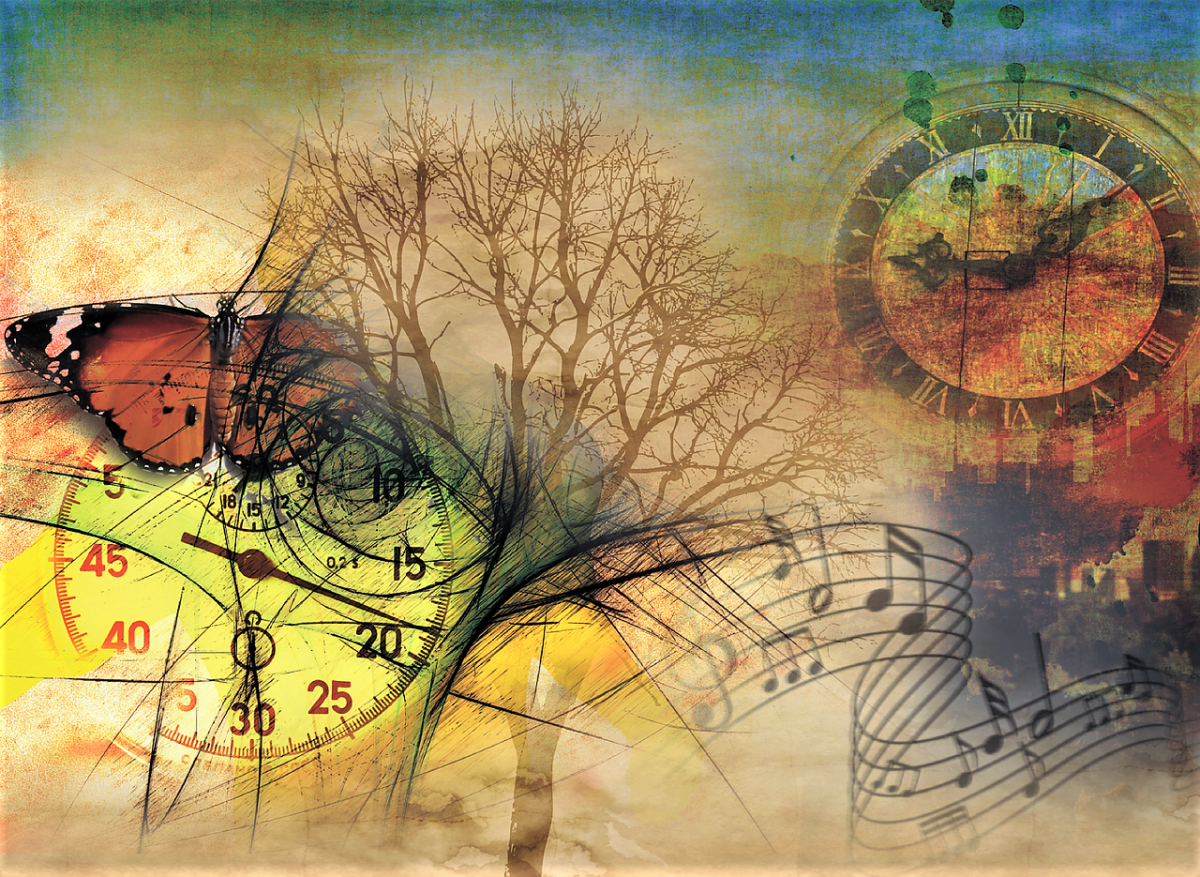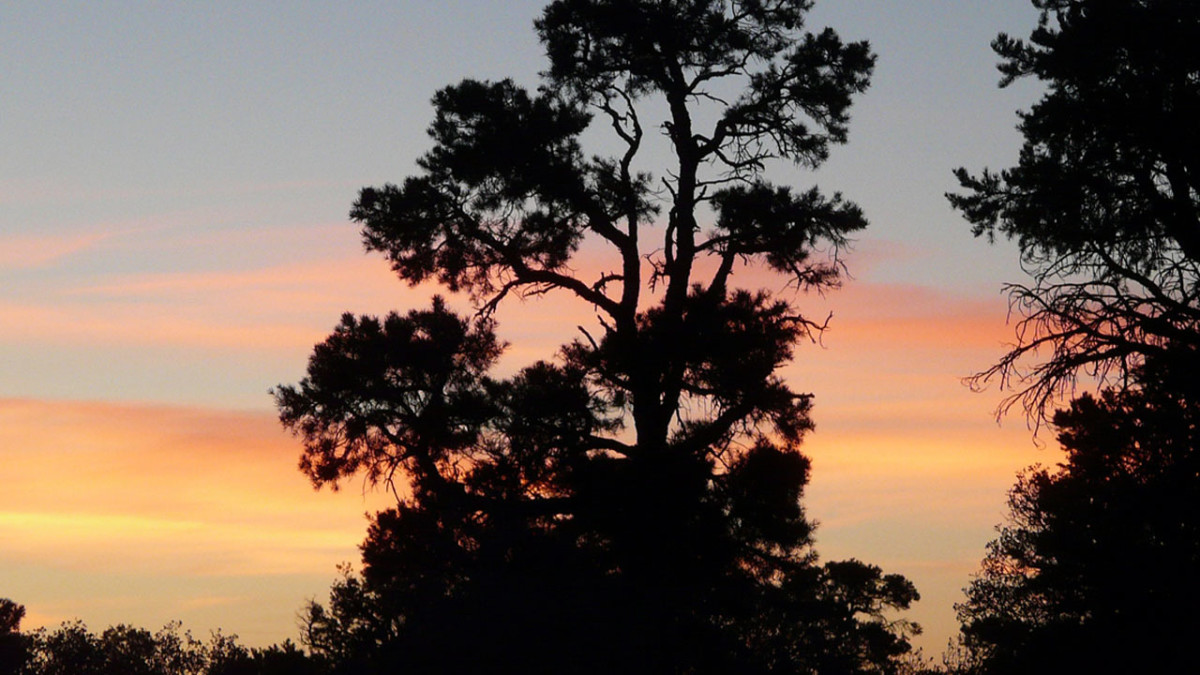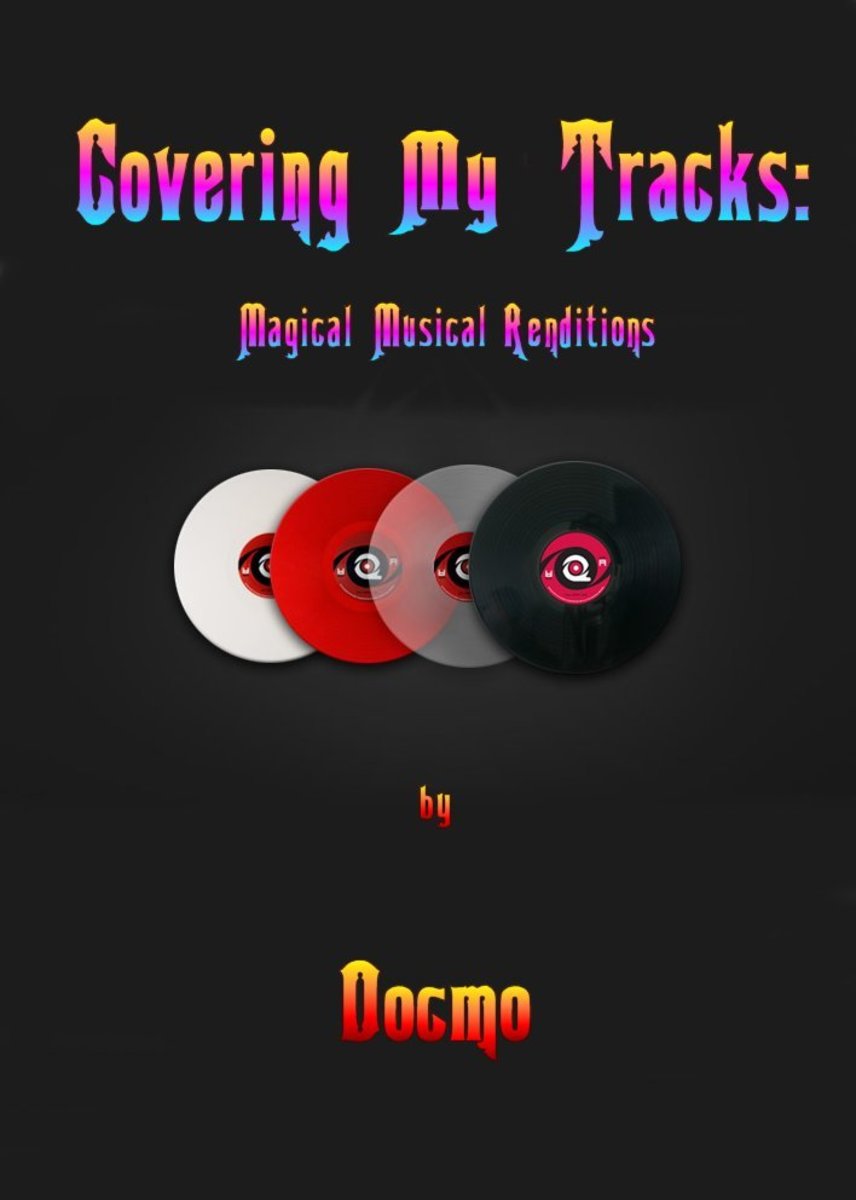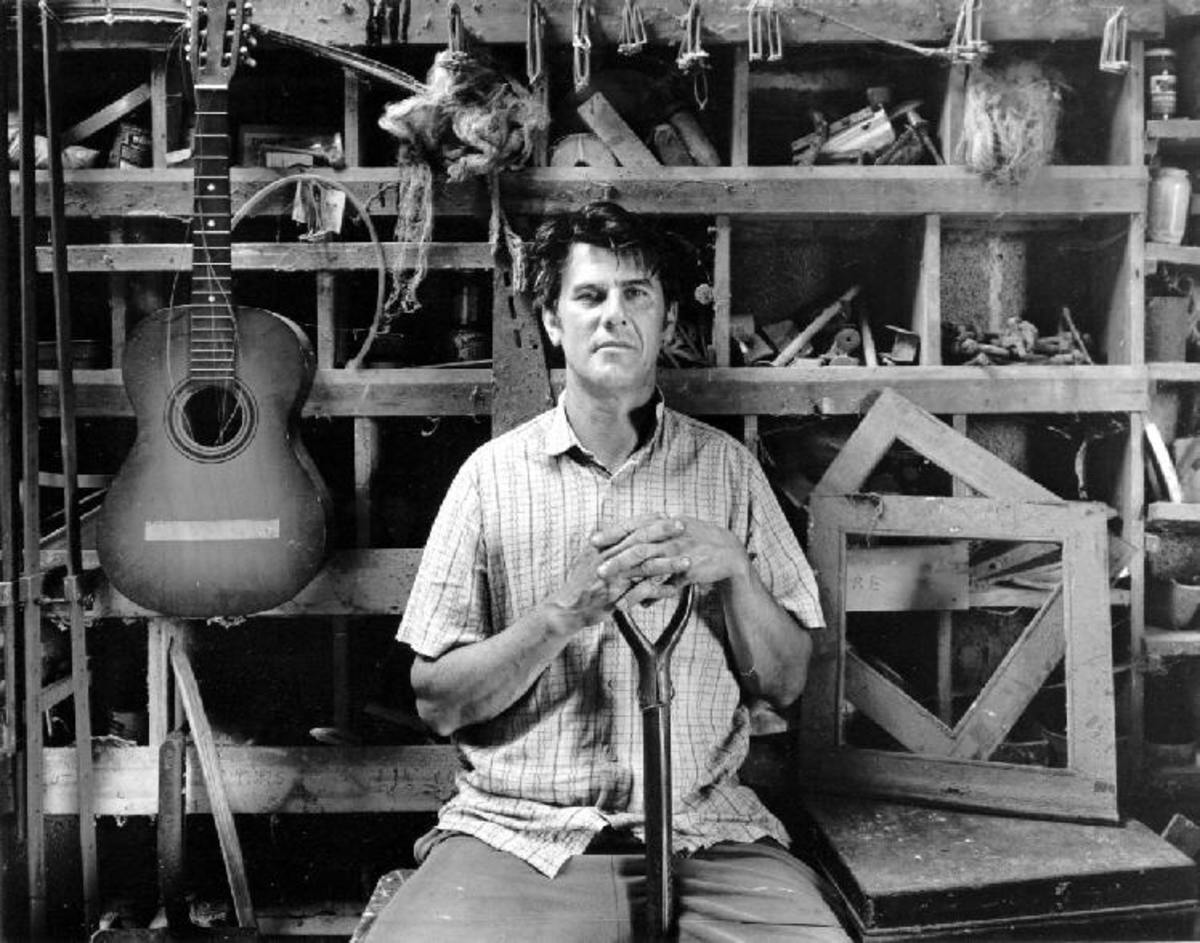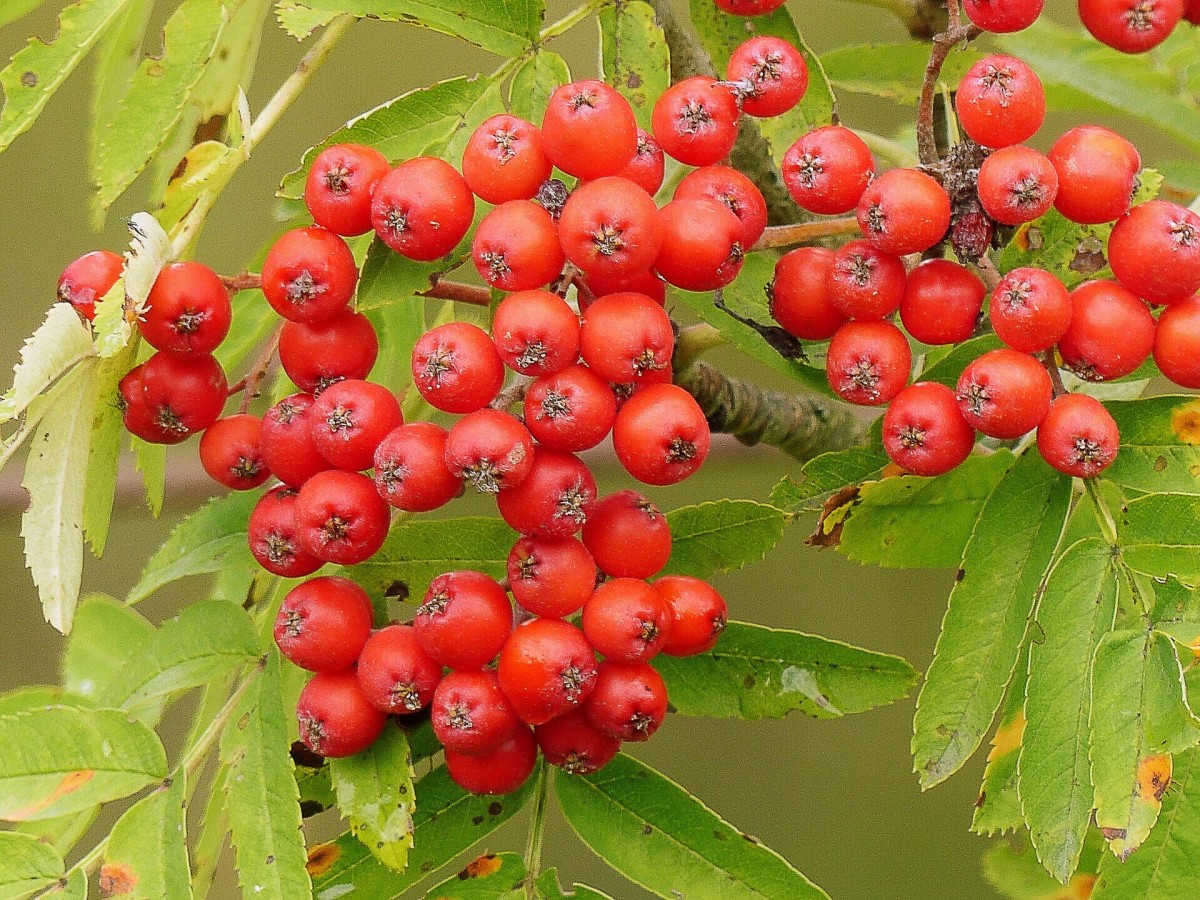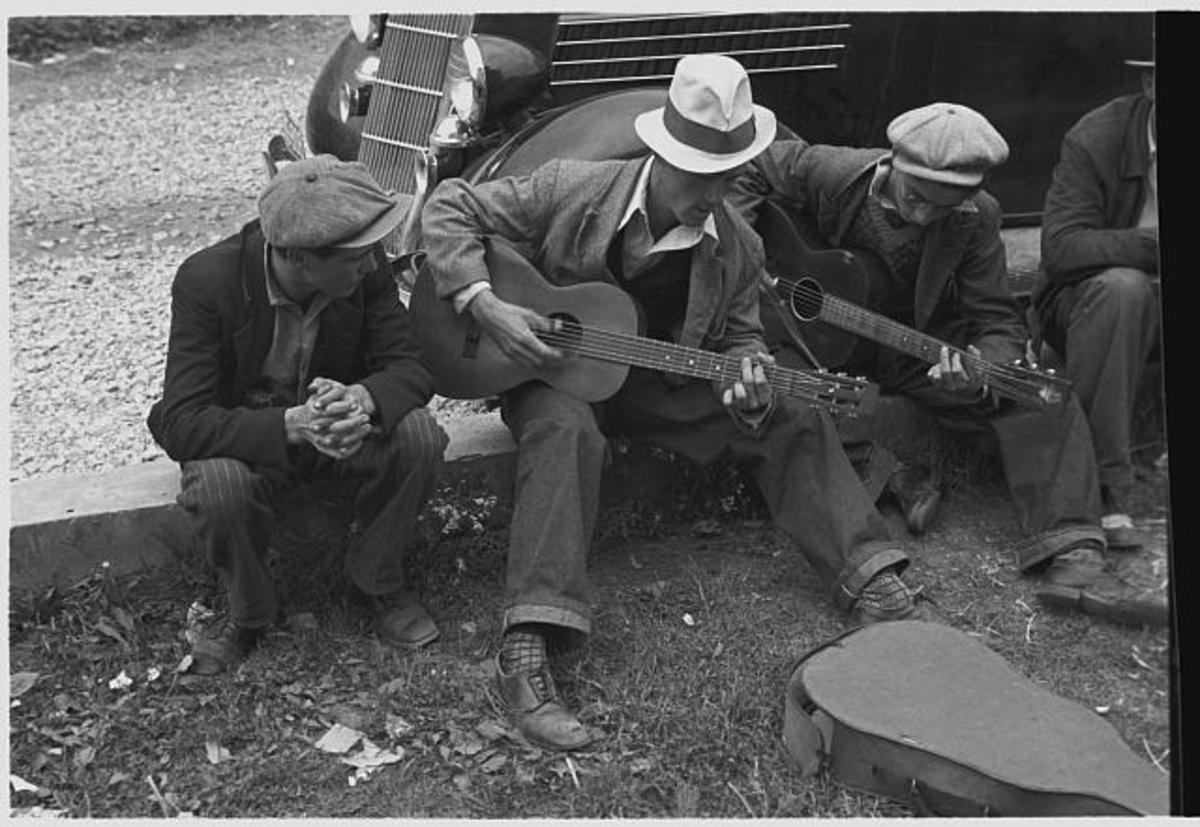Boscom Lamar Lunsford--traditional music's pioneer performer, collector and festival organizer Charles Guiteau song
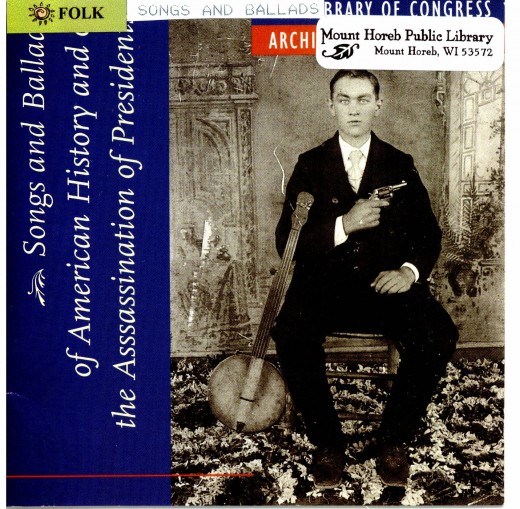
assassination of President Lincoln
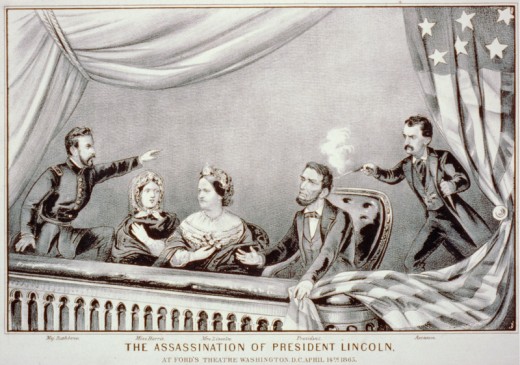
assasination of President Garfield

Assassintion of President Mckinley

Leon Czolgosz

Charles Guiteau
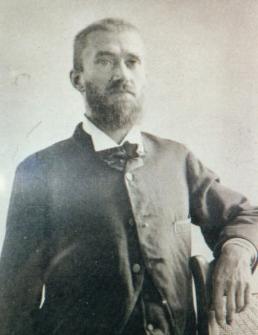
Booth Playbill
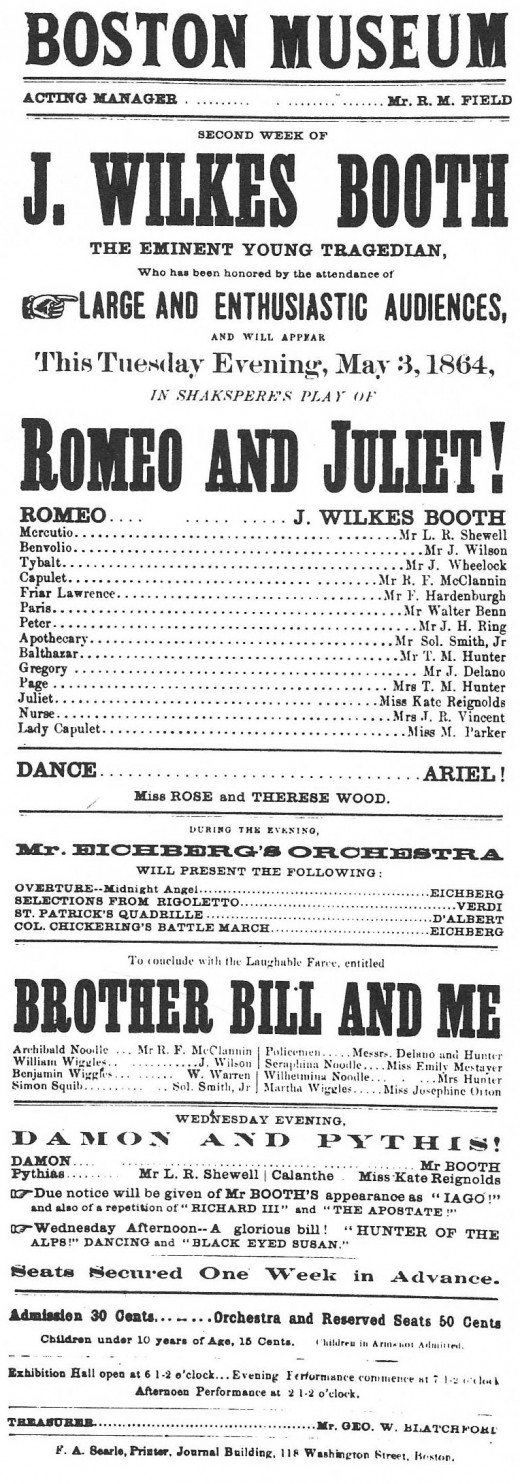
Boscom Lunsford was born in Mars Hill, North Carolina on March 12, 1882. He recorded three commercial albums but his hobby was recording others and created the largest oral archive in the Smithsonian. Also, he recorded more than 3000 songs for the Library of Congress and the Columbia University Library. He died in September of 1973.
Loyal Jones wrote a biography of him called “Minstrel of Appalachia” and he was featured in an episode of the PBS series “The American Experience” In 1939 he played for President Roosevelt and the King and Queen of England.
I only became aware of him when I ran across an album “Songs and Ballads of American History and the Assassination of Presidents.” The last part of the album has songs sung by Lunsford about the assassinations of McKinley, Lincoln and Garfield. These songs were “Zolgotz”.” Mr. Garfield” and “Booth Killed Lincoln.” (For anyone interested in the subject of assassinations there is a song “The death of John Kennedy” written by Bob Coltman. I remember hearing it sung by Tommy Cash, Johnnie Cash’s brother, back in the ‘60s.)
Lunsford’s father was a teacher and his mother often sang old ballads and religious songs. His father bought a guitar for Bascom and his brother Blackwell, who later bought a banjo. Bascom played at square dances, weddings and school functions. He enrolled in Rutherford college and started teaching in Madison County.
He worked at a variety of jobs. One job was selling trees which brought him to isolated farms where he exchanged songs and tunes with the customers. In 1906 he married Nellie Triplett, Three years later he again enrolled at Rutherford College. He also went to Trinity college (later Duke University) and became a lawyer in 1913. During the First World War he became a federal agent to chase down draft evaders.
In 1927 the Asheville Chamber of Commerce organized a rhododendron festival to encourage tourism. They asked Bascom to invite local musicians and dancers. 1928 was the first year of the Mountain Dance and Folk Festival, which may have been the first ever “Folk Festival.” He also gave lectures on poetry and songs. Wearing white tie and tails, he proceeded to play tunes on the banjo. In 1922 Frank C. Brown, a song collector, recorded 32 items on cylinders from Bascom. In 1924 he recorded “Jesse James” and “I wish I was a Mole In the Ground” (his best-known recording) for General Phonograph Company. In 1949 he recorded for the Archive of American Folksong. He played in a Western North Carolina style.
He sang Child Ballads, Negro spirituals and parlor songs and did not play songs which he felt were offensive. He promoted “buck dancing” which we generally call clogging.
Some felt he should have paid more attention to politics, labors strive, Black culture. This is where I have a problem with the “Folk community” who seem to think folk music is about liberal politics. I think it whould be enjoyed by everyone, not just thos with cetain opinions.
Even so, some also think Lunsford is guilty of a folk snobbery. Barry Mazor in his biography of Jimmy Rodgers complained that Lunsford was “ interested, above all, in ‘saving’ the old songs as they had been made by the ‘folk’ in supposedly gentler times, and doing so for the kind of people who could ‘rally’ appreciate them now–his educated middle-class and upper-middle class audience.” While I think collectors like Lunsford have certainly performed a service by preserving songs, there is an element that wants to treat them like museum exhibits, rather than a living art.
.
Lunsford wrote the song “Good ol’ Mountain Dew but sold the song to Scott Wiseman in 1928 for $25 to buy a bus ticket. Wiseman revised the lyrics. One story about the song was that it was inspired by a court case the Bascom had, where he defended a moonshiner. He got the judge to taste the “dew” and the judge dismissed the case, noting that anyone who could make “dew” that good should not be in jail.
